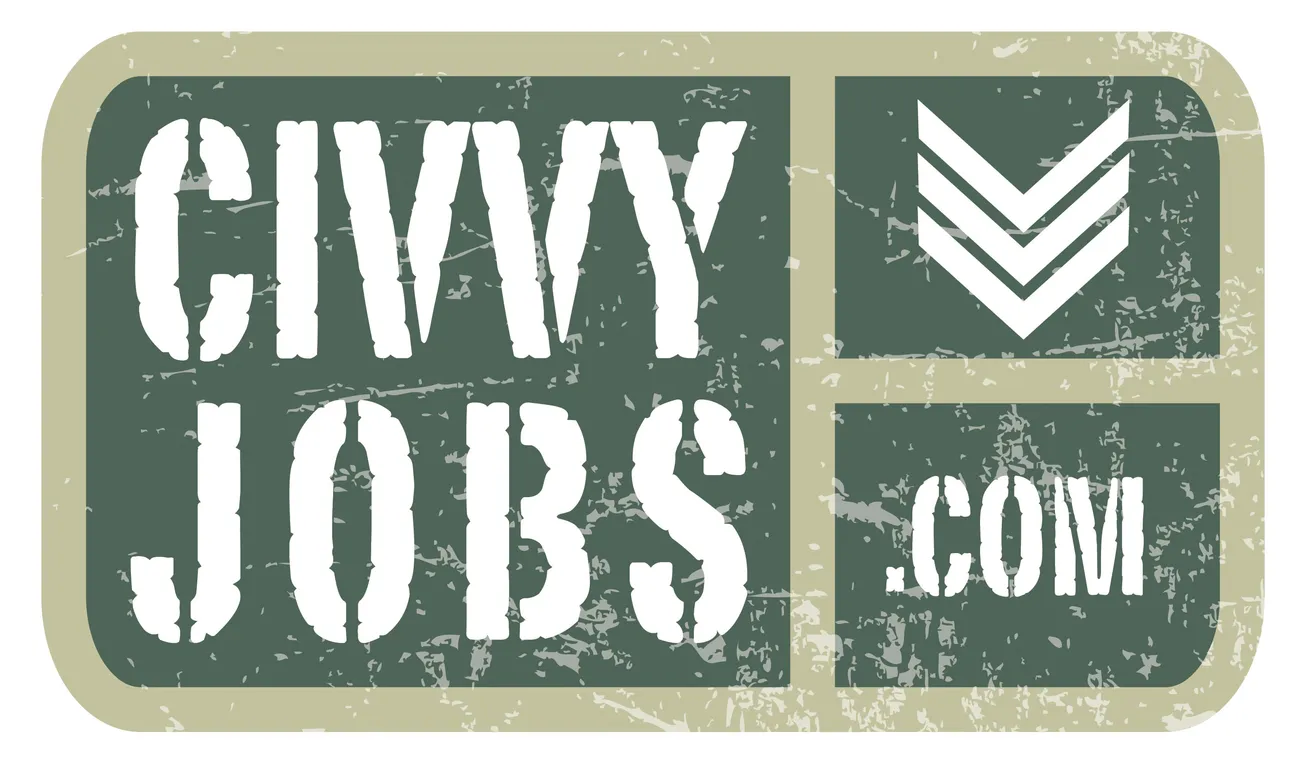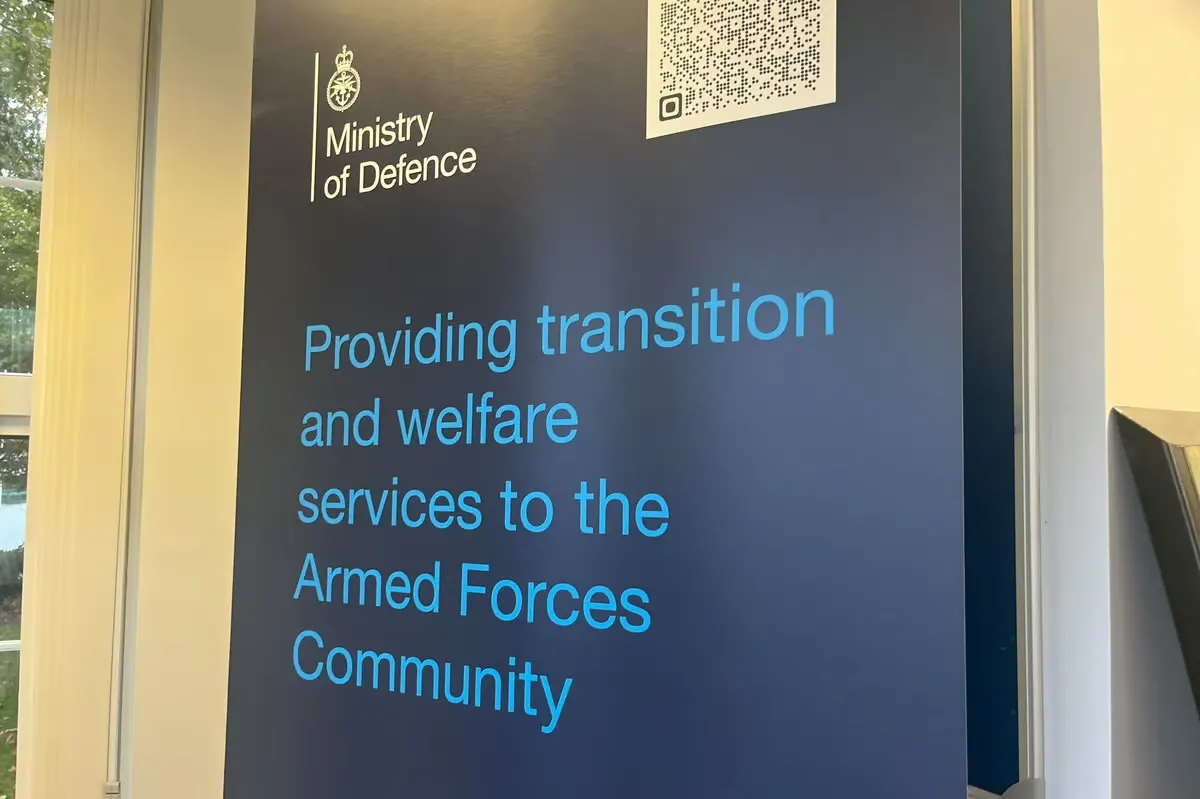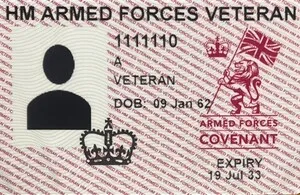Table of Contents
Transitioning from military to civilian employment is a significant step for many veterans. While your military background has equipped you with invaluable skills, navigating the job market can feel overwhelming. The good news? Ex-military personnel are highly sought after by employers who recognise the unique strengths that veterans bring to the workforce.
CivvyJobs.com is a free online job board that specialises in connecting veterans with employers who appreciate their background, irrespective of service length, cap badge or military background. This article will help you identify the right career path, find veteran-friendly employers, and avoid common job search pitfalls.
1. Where to Look for the Right Roles
Specialist Job Boards
Not all job boards cater to veterans. Platforms like CivvyJobs.com are designed for ex-military job seekers, showcasing employers who understand and value your background. Unlike general job boards, these platforms eliminate the guesswork by offering roles suited to your skills and experience.
Alongside using the large commercial job boards, make sure you utilise those veteran-friendly ones.
Remember that most job boards enable you to search and apply for jobs and allow you to register and set up ‘job alerts’. These will automatically notify you of jobs being placed on the board that reflect your desired roles.
Networking
Your military connections can be a powerful asset in your job search. Reach out to former colleagues who have successfully transitioned, they can offer advice, referrals, and potential job leads. LinkedIn is also a great tool for connecting with professionals in your desired industry.
Military-Friendly Employers
Some companies actively seek to hire veterans due to their strong work ethic and leadership skills. Research companies that have dedicated ex-military hiring programs, such as those in engineering, security, logistics, and project management, where military skills are highly transferable. The Career Transition Partnership (CTP) would be a good initial place to find these companies.
2. Identifying Transferable Skills
One of the biggest challenges veterans face is translating military experience into civilian job qualifications. Here’s how to break it down:
• Leadership & Teamwork: If you managed a team or led operations, highlight your leadership experience.
• Problem-Solving & Adaptability: The ability to think on your feet and adapt to changing situations is invaluable in the corporate world.
• Technical & Operational Skills: Many military roles require specialised skills in engineering, IT, logistics, and mechanics, industries that are always in demand.
A great way to match your skills to civilian job descriptions is by using online military-to-civilian skills translators, which help bridge the gap in terminology.
3. Avoiding Common Pitfalls
Applying Without Tailoring Your CV
One-size-fits-all CVs can harm your applications. Tailor your CV to each role by emphasising relevant skills and achievements. Avoid military jargon and instead use industry-standard terms that employers and recruiters will understand.
Underestimating Your Worth
Many veterans undervalue their experience. Don’t assume you have to start at an entry-level position; your leadership, training, and problem-solving abilities make you a strong candidate for middle to senior level roles.
Not Seeking Support
The transition doesn’t have to be a solo mission. Many organisations provide free job-seeking resources and advice. A simple Google search will uncover them.
Transitioning into a civilian career may feel daunting, but with the right approach and resources, success is within reach. Whether you’re looking for a job in engineering, logistics, security, project management, or administration, your military background has given you the skills to excel in ‘civvy street’.
For tailored job opportunities and expert career advice, visit CivvyJobs.com, your mission-ready platform for finding the right job after service.






